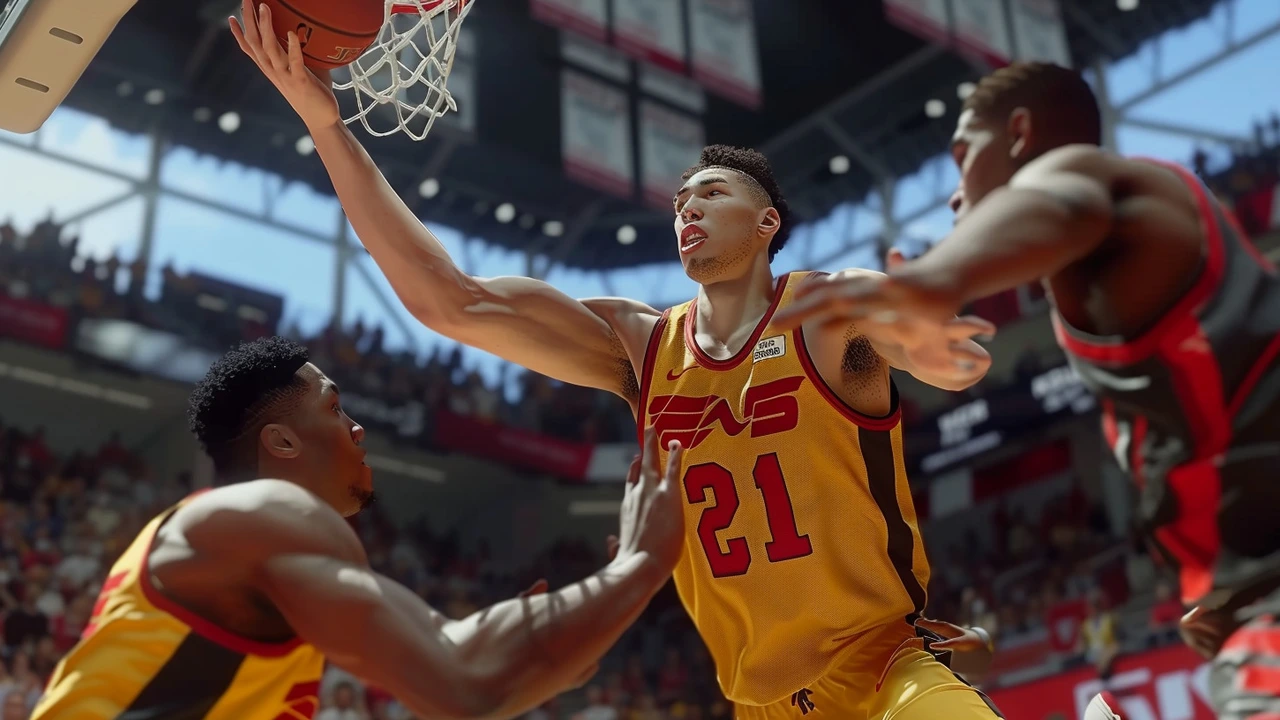Car accident: immediate steps to stay safe and protect your rights
A car accident shocks you, but the next minutes matter. First, check for injuries. If anyone is hurt, call emergency services right away. Move to a safe spot only if you can; otherwise stay where you are and turn on hazard lights so other drivers see you.
Don’t admit fault. Saying "sorry" or guessing who caused the crash can hurt any later insurance claim. Keep comments short and stick to facts when you speak with the other driver and police.
Quick checklist to follow at the scene
Take these steps so you don’t miss anything important: 1) Call 911 for police and medical help. 2) Exchange names, phone numbers, license plates, insurance company names, and policy numbers. 3) Take clear photos of all vehicle damage, license plates, road signs, traffic signals, and the overall scene. 4) Note the time, weather, and road conditions. 5) Get witness names and short statements on what they saw. Video on your phone can be very useful.
Write down details you might forget later: which lane you were in, how fast traffic was moving, and whether brakes or lights were used. If the other driver refuses to share info or seems unstable, tell the police and avoid confrontations.
After you leave the scene
Seek medical attention even if you feel fine. Injuries like whiplash or internal trauma can show up hours or days later. A medical record connects your injuries to the crash, which helps with insurance and legal claims.
Report the accident to your insurance company as soon as possible. Provide the facts and photos, but avoid speculating about fault. Ask your insurer what documents they need and keep copies of everything you send.
Keep a folder with photos, police report number, medical bills, repair estimates, rental car receipts, and any messages from the other driver or insurers. That paper trail matters if disputes or delays pop up.
When should you hire a lawyer? If there are serious injuries, unclear fault, disputed medical bills, or if the other driver has no insurance, talk to an attorney. Many personal injury lawyers offer free consultations and work on contingency, so you only pay if they win a settlement.
Common mistakes to avoid: don't sign quick settlement offers without checking medical costs; don’t post details or photos of the crash on social media; and don’t skip follow-up medical care just to save time. Those choices can reduce the value of a valid claim.
Finally, consider vehicle repairs and safety checks. Use a trusted mechanic or dealership for estimates. If your car is totaled, understand how the insurer calculates actual cash value and be prepared to negotiate with receipts for recent repairs or upgrades.
Car accidents disrupt your life, but following clear steps—stay safe, document everything, get medical care, report to your insurer, and get legal help when needed—keeps you in control and protects your rights.
Former NBA Star Drew Gordon Tragically Killed in Car Accident at 33
Former NBA player Drew Gordon, brother of Denver Nuggets forward Aaron Gordon, died in a car accident at 33. He was driving a three-wheeled autocycle that collided with a pickup truck in Oregon. Gordon, an accomplished player in the NBA and overseas, is survived by his wife and three children.
